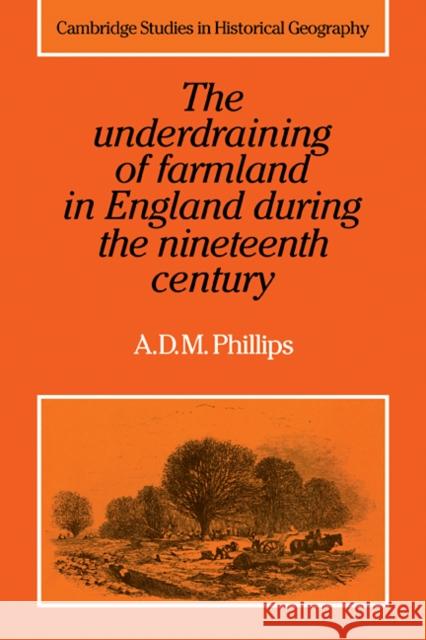The Underdraining of Farmland in England During the Nineteenth Century » książka
The Underdraining of Farmland in England During the Nineteenth Century
ISBN-13: 9780521105804 / Angielski / Miękka / 2009 / 332 str.
The Underdraining of Farmland in England During the Nineteenth Century
ISBN-13: 9780521105804 / Angielski / Miękka / 2009 / 332 str.
(netto: 194,92 VAT: 5%)
Najniższa cena z 30 dni: 115,80
ok. 16-18 dni roboczych
Bez gwarancji dostawy przed świętami
Darmowa dostawa!
Underdraining has been recognized as one of the major capital-intensive agricultural improvements of the nineteenth century. Over half the agricultural area of England is subject to waterlogging and is in need of some form of underdraining, rendering the improvement both technically and economically basic to much of English agriculture. By removing excess soil water, the object of underdraining was to reproduce as far as possible the conditions of free-draining land, which was workable all year round, and to create an optimum soil-moisture content for both plant growth and cultivation. Despite the necessity for the improvement, a wide-ranging debate exists in the literature on the extent, effectiveness and agricultural importance of underdraining in the nineteenth century. The present study attempts to resolve this debate. By examining the evidence of draining loans under the Public Money Draining Acts and of the various land improvement companies and the accounts of estates in Devon, Northamptonshire and Northumberland, a precise record has been provided for the, first of the spread of underdraining in England in the nineteenth century, of the factors involved in its adoption and of its impact on agricultural practice in that period.











